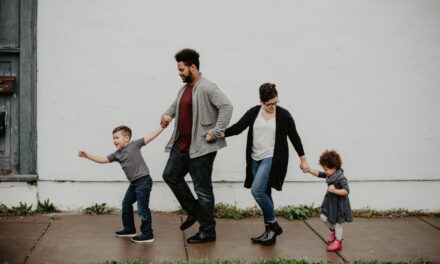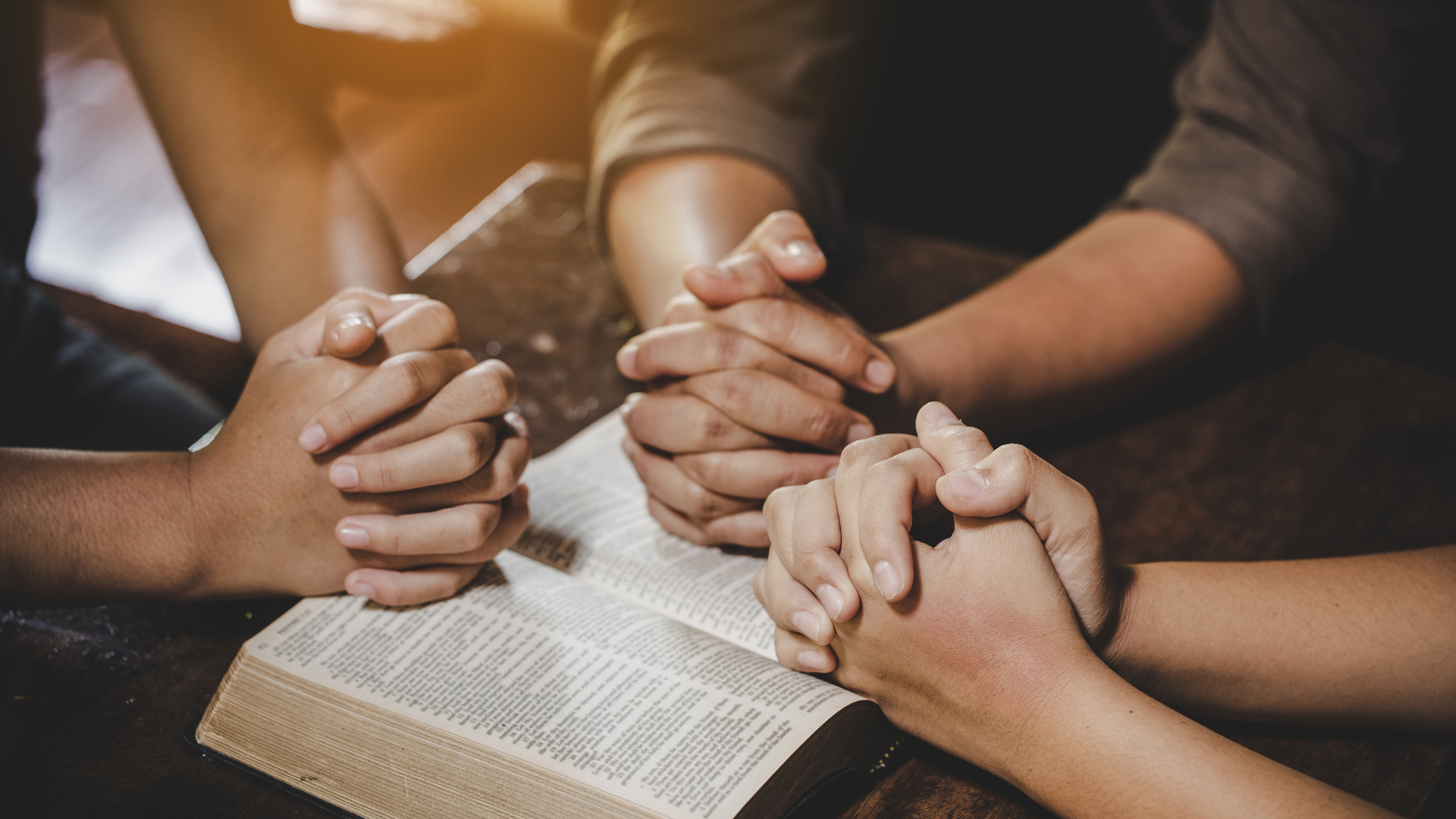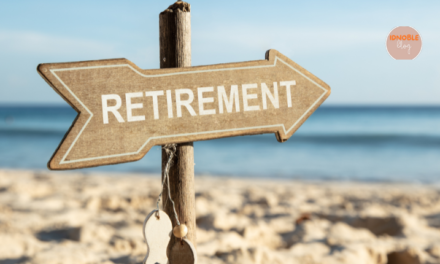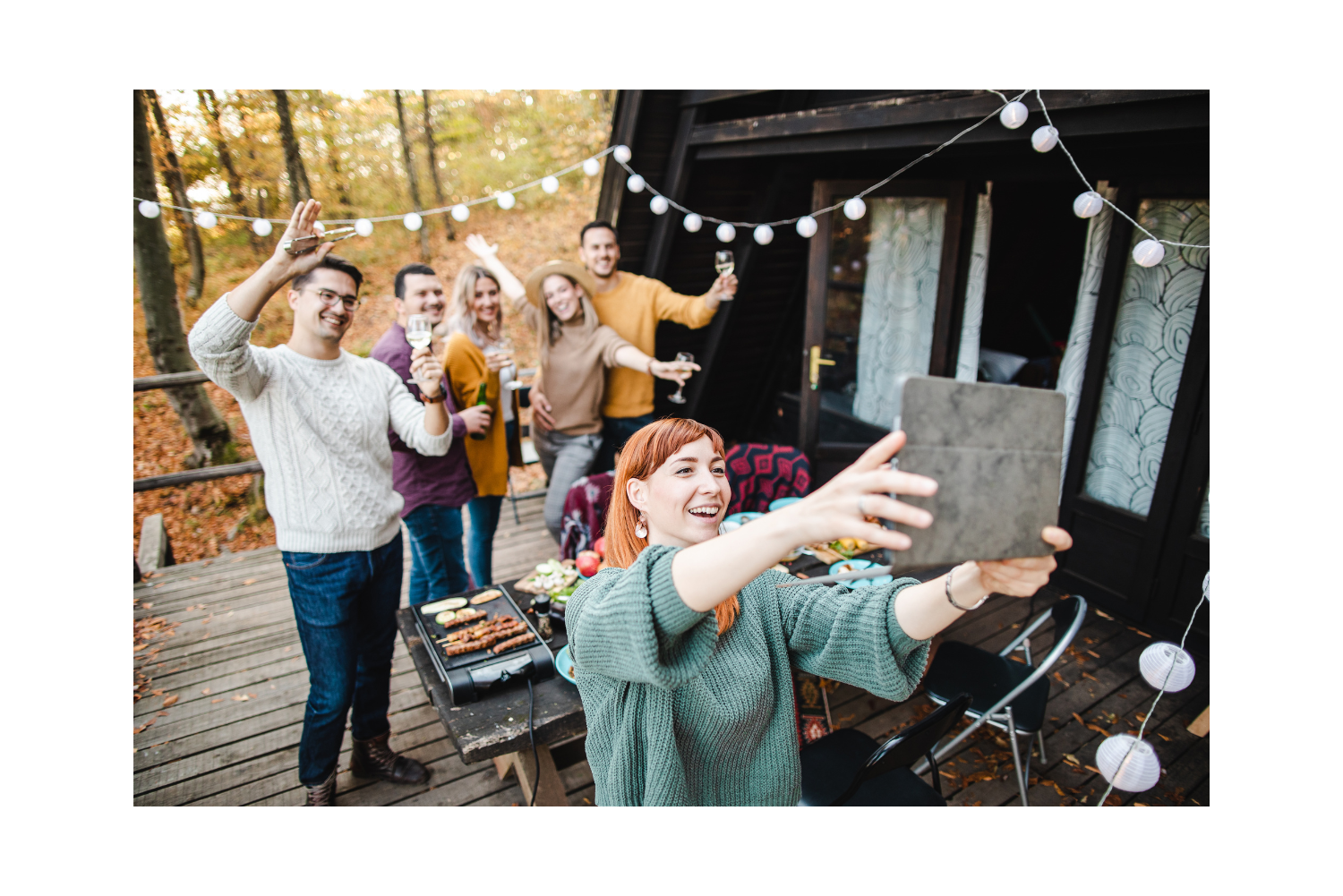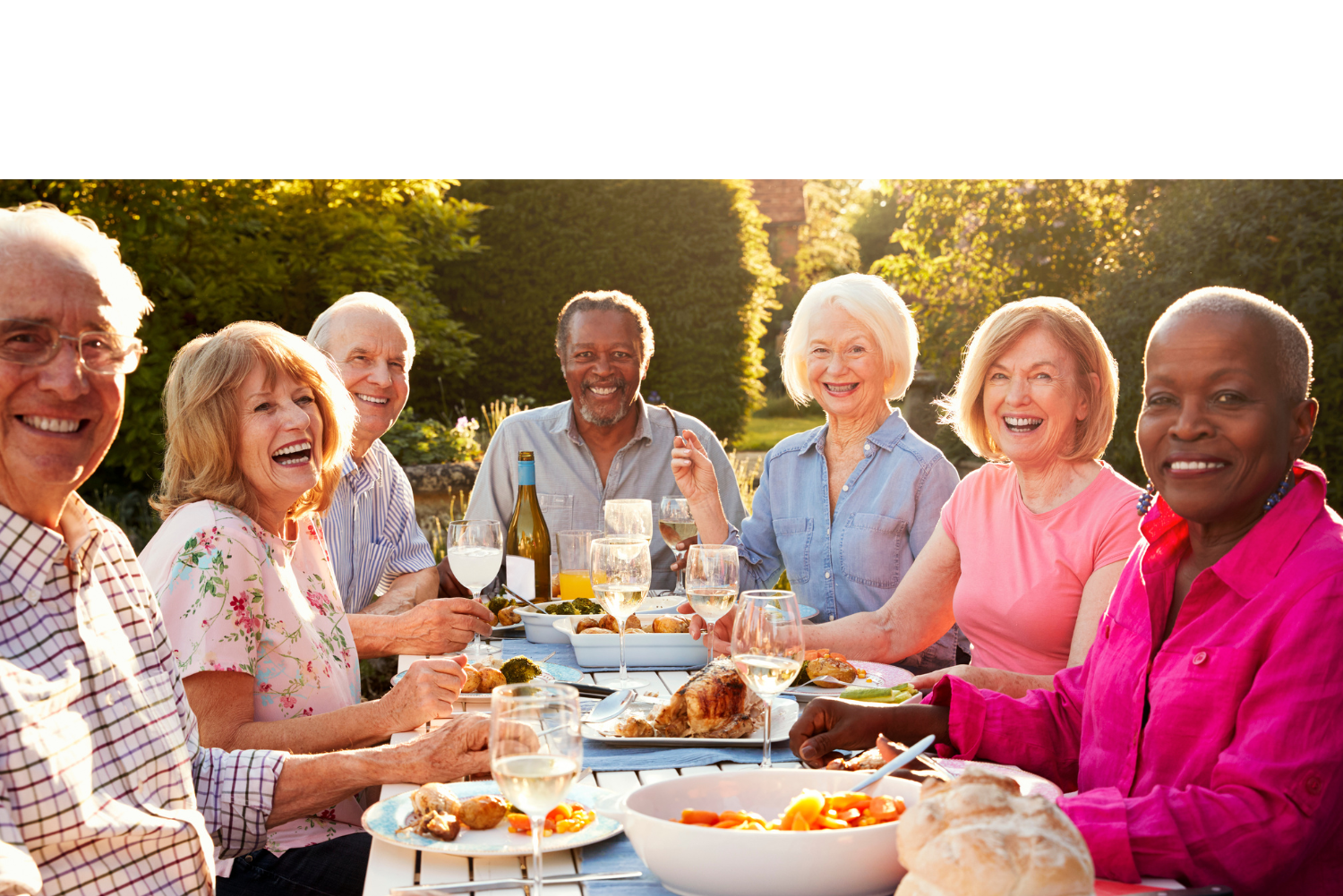
What is Considered to be an Elder?

What is considered to be an elder? This question can seem straightforward, but it actually has many layers. In various cultures and contexts, the term “elder” can mean different things. Let’s explore what being an elder truly means, how it’s viewed around the world, and why it’s important.
Table of Contents

Understanding the Term “Elder”
An elder is typically someone who is older, usually over the age of 60 or 65. However, it’s not just about age. Elders are often seen as wise, experienced, and respected members of their community. They play crucial roles in families and societies by sharing knowledge, traditions, and advice.
The Role of Elders in Different Cultures
In many cultures, elders are held in high regard. For instance, in many African societies, elders are seen as the keepers of wisdom and traditions. They are consulted for important decisions and are respected for their life experience.
In Asian cultures, particularly in countries like China and Japan, respecting elders is a fundamental value. Elders are often cared for by their families, and their opinions are highly valued. The concept of filial piety, which emphasizes respect for one’s parents and ancestors, plays a significant role in these societies.
In Indigenous cultures, elders are often viewed as spiritual guides and storytellers. They are the ones who pass down oral histories and cultural practices to younger generations. Their knowledge is considered invaluable for maintaining cultural identity.
Elders in Western Societies
In Western societies, the role of elders can be more varied. While some families maintain close ties with their older members, others may rely on social services and retirement communities. The perception of elders in Western cultures can sometimes be influenced by stereotypes of aging, such as the idea that older people are less capable or active.
However, many Western cultures are recognizing the importance of elders in new ways. The concept of “active aging” promotes the idea that elders can lead vibrant, fulfilling lives. Programs and initiatives that encourage lifelong learning, community involvement, and physical activity are becoming more common.
The Importance of Elders in Modern Times
Elders play a crucial role in modern societies. They are sources of wisdom and experience that younger generations can learn from. Their stories and knowledge can provide valuable insights into history and culture. In times of crisis, elders often serve as pillars of strength and stability.
Moreover, elders can contribute significantly to their communities. Many continue to work, volunteer, and engage in social activities well into their later years. They often act as mentors, providing guidance and support to younger people.
Challenges Faced by Elders
Despite their important roles, elders can face several challenges. Ageism, or discrimination based on age, is a significant issue in many societies. This can lead to social isolation, reduced opportunities, and negative stereotypes.
Health problems are also a common concern for elders. Chronic illnesses, mobility issues, and cognitive decline can impact their quality of life. Access to adequate healthcare and support services is crucial for maintaining their well-being.
Financial security is another challenge. Many elders live on fixed incomes and may struggle with rising living costs. Ensuring that elders have access to affordable housing, healthcare, and social services is vital.
How to Support Elders in Your Community
Supporting elders can make a big difference in their lives. Here are some ways you can help:
- Spend Time with Elders: Visiting or calling elders regularly can help reduce loneliness and isolation. It also shows them that they are valued and loved.
- Encourage Their Participation: Encourage elders to engage in community activities, volunteer work, or hobbies. Staying active can improve their mental and physical health.
- Advocate for Their Rights: Support policies and programs that benefit elders. This includes advocating for better healthcare, housing, and social services.
- Learn from Them: Take the time to listen to elders’ stories and experiences. Their wisdom can provide valuable lessons and insights.
- Provide Practical Help: Offer to help with tasks like shopping, home maintenance, or transportation. Small gestures can make a big difference in an elder’s daily life.
Conclusion
So, what is considered to be an elder? It’s not just about reaching a certain age. Being an elder is about embodying wisdom, experience, and a valuable role in society. Elders are important members of our communities, deserving of respect and support. By understanding their challenges and contributions, we can better appreciate and support the elders in our lives. Let’s celebrate and learn from our elders, ensuring they have the care and respect they deserve.






